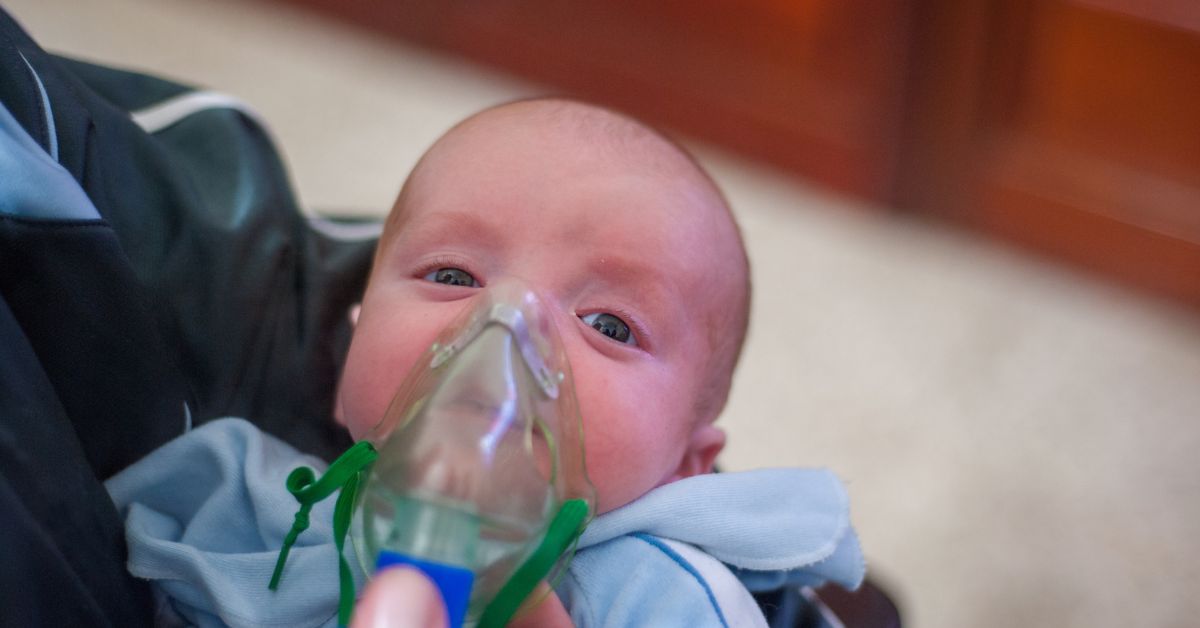
Welcoming a baby into the world should be one of the most joyful moments of your life. In those early hours, you trust that the medical team will do everything necessary to keep your newborn safe, healthy, and stable.
But sometimes, a treatable issue like low blood sugar is missed. When neonatal hypoglycemia goes unnoticed or untreated, it can lead to serious and lasting brain injuries.
If your child is facing developmental challenges and you believe it was due to a medical mistake, you may have grounds for a legal claim against the provider.
Learn about the impacts of untreated low blood sugar on newborns and how an experienced Chicago birth injury lawyer can help your family pursue financial support.
What Is Neonatal Hypoglycemia, and Why Is It So Serious?
Neonatal hypoglycemia occurs when a newborn’s blood sugar is too low to support healthy brain function. Glucose is the brain’s main energy source; damage can happen quickly without it.
About 25% of newborns are at risk for hypoglycemia, and more than half of those babies will have at least one low blood sugar episode. While a brief drop is common after birth, newborns with extended periods below 47 mg/dL are at risk for lasting harm.
Untreated low blood sugar in newborns often occurs when doctors or nurses don’t test a baby’s glucose or delay treatment. Injuries aren’t always obvious at birth, and many parents don’t notice signs until months or years later.
What Birth Injuries Can Result From Untreated Neonatal Hypoglycemia?
Without enough glucose, the brain can be injured within minutes. If hypoglycemia continues undetected or untreated, the results can be long-term and irreversible.
Outcomes associated with untreated hypoglycemia include:
- Cerebral palsy, causing stiffness, poor coordination, and delayed motor skills
- Developmental delays that affect walking, talking, or sitting up
- Seizure disorders linked to dangerously low glucose levels after birth
- Cognitive impairments that affect learning, memory, or attention
- Feeding difficulties due to poor muscle control in the mouth and throat
Timely testing and treatment can prevent most of these outcomes if doctors respond quickly and monitor at-risk newborns.
What Warning Signs Should Doctors and Nurses Watch For?
Medical professionals are trained to recognize the signs of neonatal hypoglycemia, especially in babies with known risk factors. Common warning signs of neonatal hypoglycemia and how medical staff should respond:
|
Symptom |
What It May Indicate |
What Medical Staff Should Do |
| Jitteriness or Tremors | Early sign of low blood sugar affecting the brain | Use a heel stick or monitor to check glucose right away |
| Poor Feeding | Weakness or low energy due to low glucose | Test glucose and provide formula, breast milk, or IV glucose as needed |
| Weak or high-pitched cry | Can signal brain stress or discomfort | Check glucose and perform a full newborn assessment |
| Lethargy | Potential neurological distress | Give oral glucose gel or start an IV with dextrose solution, depending on severity |
| Seizures | Insufficient energy supply to the muscles と the brain | Start IV dextrose immediately and monitor closely |
| Low Body Temperature | Disrupted brain function or energy imbalance | Monitor temperature and blood sugar; warm the baby and treat |
| Pale or Bluish Skin | Trouble regulating temperature due to energy loss | Begin oxygen support and transfer to the NICU if needed |
Ignoring warning signs may indicate a serious failure in care.
Can Medical Negligence Cause Birth Injuries from Hypoglycemia?
If your baby suffered a neonatal hypoglycemia birth injury because doctors didn’t check or treat low blood sugar in time, that may be considered medical negligence. This can include:
- Not testing blood sugar in a baby with known risk factors
- Delaying action after symptoms or low readings appear
- Using the wrong dose or method to treat low glucose
- Failing to tell parents or team members about abnormal results
- Not rechecking levels after treatment to confirm they’ve stabilized
While no one can undo the harm already done, families have the right to seek justice and financial support to care for their children’s needs. A qualified Chicago birth injury lawyer can help you take legal action to hold the providers accountable.
How Can a Birth Injury Law Firm Help?
When your child is hurt by something that could have been prevented, you’re left with questions, medical bills, and heartbreak. At Beam Legal Team, our attorneys focus on birth injury cases, including those caused by untreated neonatal hypoglycemia.
Here’s how we support families:
- Review medical records to determine whether glucose levels were properly tested, monitored, and treated
- Work with pediatric and neonatal experts to assess whether care met medical standards
- Link any delays or failures in treatment to the injuries your child now faces
- Document projected costs for medical care, therapies, equipment, and in-home support
- Manage all communication with hospitals, insurers, and opposing counsel on your behalf
- Negotiate a settlement that reflects the full impact of the injury and your child’s future needs
Our team helps your family get answers and the resources needed to support your child’s future.
Know Your Legal Rights: Speak With Beam Legal Team Today
Untreated low blood sugar can cause lifelong challenges, but many of these injuries are avoidable with proper care. If your child is struggling with complications that could’ve been prevented, Beam Legal Team can help you understand what happened and who may be responsible.
We’ve spent decades guiding families through complex birth injury cases and fighting for the support their children deserve.
If you’re ready to take the next step, contact us today for a free, confidential consultation and get the answers your family deserves.
